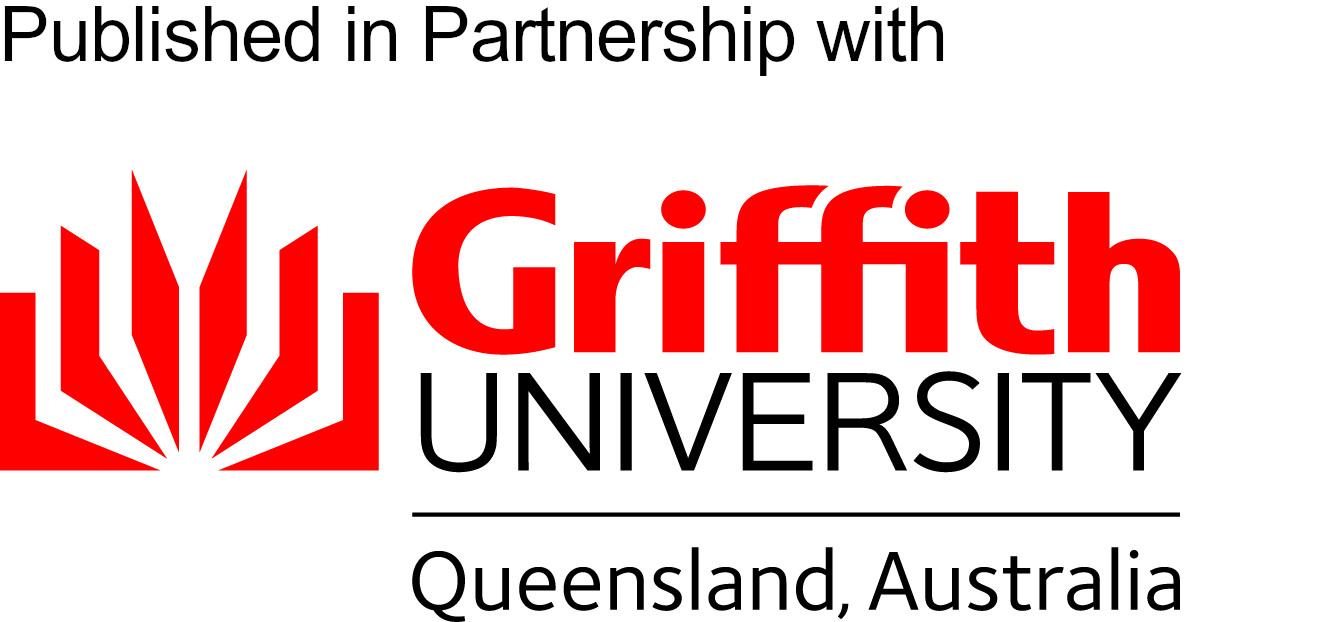Comparative Perspectives on White and Indigenous Women's Political Citizenship in Queensland
The 1905 'Act to Amend the Elections Acts, 1885 to 1899'
DOI:
https://doi.org/10.1017/S1321816600004062Keywords:
1905 'Act to Amend the Elections Acts, 1885 to 1899', White and Indigenous Women, Political CitizenshipAbstract
The centenary of the passage in early 1905 of the Act to Amend the Elections Acts, 1885 to 1899, which extended the right to vote to white women in Queensland, marks a moment of great importance in the political and social history of Australia. The high ground of the history of women's suffrage in Australia is undoubtedly the passage of the 1902 Commonwealth Franchise Act that gave all white women in Australia political citizenship: the right to vote and to stand for parliamentary office at the federal level. Obviously this attracted the most attention internationally, given that it placed Australia on the short list of communities that had done so to date; most women in the world had to await the aftermath of the First or Second World Wars for similar rights.
References
For a comprehensive account of the suffrage movement, see Oldfield, Audrey, Woman Suffrage in Australia: A Gift or A Struggle? (Melbourne: Cambridge University Press, 1992).
For other accounts of the connections between the white women's and Aboriginal political rights, see Patricia Grimshaw, ‘White Women as “Nation Builders”: Gender, Colonialism and the Federal Vote’, in John Chesterman and David Philips (eds), Selective Democracy: Race, Gender and the Australian Vote (Melbourne: Circa, 2003); Patricia Grimshaw and Katherine Ellinghaus, ‘White Women, Aboriginal Women and the Vote in Western Australia’, Studies in Western Australian History 20 (1999): 1–19; Patricia Grimshaw and Sharon Low, ‘Looking Again at the Women's Vote in Tasmania’, Tasmanian Historical Studies 9 (2004): 21–33.
See Oldfield, Woman Suffrage in Australia; McCulloch, John, ‘The Struggle for Women's Suffrage in Queensland’, Hecate 30(2) (2004); and other articles in this volume.
For a recent account, see Bolt, Christine, Sisterhood Questioned? Race, Class and Internationalism in the American and British Women's Movements, c.1880s–1970s (London and New York: Routledge, 2004).
Chesterman, John and Galligan, Brian, Citizens Without Rights: Aborigines and Australian Citizenship, (Melbourne: Cambridge University Press, 1997).
For comparative studies, see: Mayall, Laura, Levine, Philippa Fletcher, Ian (eds), Women's Suffrage in the British Empire: Citizenship, Nation and Race (London and New York: Routledge, 2000); Patricia Grimshaw, ‘Women's Suffrage in New Zealand Revisited: Writing from the Margins’, in Caroline Daley and Melanie Nolan (eds), Suffrage and Beyond: International Feminist Perspectives (Auckland: Auckland University Press, 1994): 25–41; Patricia Grimshaw, ‘Settler Anxieties, Indigenous Peoples and Women's Suffrage in the Colonies of Australia, New Zealand and Hawai'i, 1888–1902’, in Louise Edwards and Mina Roces (eds), Women's Suffrage in Asia: Gender, Nationalism and Democracy (London and New York: Routledge, 2004); Patricia Grimshaw, ‘Reading the Silences: Suffrage Activists and Race in Nineteenth Century Settler Societies’, in Patricia Grimshaw, Katie Holmes and Marilyn Lake (eds), Women's Rights and Human Rights: International Historical Perspectives (Basingstoke: Palgrave/Macmillan, 2001): 31–48.
Evans, Julie, Grimshaw, Patricia, Philips, David Swain, Shurlee, Equal Subjects, Unequal Rights: Indigenous Peoples in British Settler Societies, 1830–1910 (Manchester: Manchester University Press, 2003).
See Newman, Louise, White Women's Rights: The Racial Origins of Feminism in the United States (New York: Oxford University Press, 1999).
Jacobson, Matthew Frye, Whiteness of a Different Color: European Immigrants and the Alchemy of Race (London and Cambridge: Harvard University Press, 1998).
For a recent study of women's suffrage in the West. see Mead, Rebecca J., How the Vote was Won: Woman Suffrage in the Western United States, 1868–1914 (New York: New York University Press, 2004). See also Suzanne M. Marilley, Woman Suffrage and the Origins of Liberal Feminism in the United States. 1820–1920, (Cambridge: Harvard University Press, 1996); Patricia Grimshaw, ‘“A Higher Step for the Race”: Caroline Nichols Churchill, the Queen Bee and Women's Suffrage Colorado, 1879–1893’ Australasian Journal of American Studies 20(2) (2001).
See Grimshaw, ‘Settler Anxieties’; Evans et al., Equal Subjects, Unequal Rights.
Chesterman and Galligan, Citizens Without Rights; Evans et al. ., Equal Subjects, Unequal Rights.
Grimshaw and Ellinghaus, ‘White Women, Aboriginal Women and the Vote in Western Australia’
Chesterman, Philips, (eds), Selective Democracy.
Grimshaw, ‘White Women as “Nation Builders”: Gender, Colonialism and the Federal Vote’, in Chesterman and Philips (eds), Selective Democracy.
Commonwealth Parliamentary Debates (CPP), Vol. 7 (1902): 11473.
CPP, Vol. 7 (1902): 11596.
CPP, Vol. 7 (1902): 11498–99.
CPP, Vol. 7 (1902): 11597.
CPP, Vol. 7 (1902): 13005.
See articles in Hecate 30(2) (2004).
Grimshaw, Patricia, ‘Gender, Citizenship and Race in the Woman's Christian Temperance Union of Australia, 1890 to the 1930s’, Australian Feminist Studies 13(2) (1996): 199–214; Marilyn Lake, Getting Equal: The History of Australian Feminism (Sydney: Allen & Unwin, 1999); Fiona Paisley, Loving Protection? Australian Feminism and Aboriginal Women's Rights, 1919–1939 (Melbourne: Melbourne University Press, 2001).
Queensland Parliamentary Debates (QPD) (1904): 146.
QPD (1904): 147.
QPD (1905): 83.
QPD (1905): 60.
QPD (1902): 483.
QPD (1905): 37.
QPD (1904): 139.
QPD (1904): 138.
QPD (1904): 254.
QPD (1904): 256.
QPD (1904): 254.
QPD (1905): 57.
Grimshaw and Ellinghaus, ‘White Women, Aboriginal Women and the Vote in Western Australia’.
Chesterman and Galligan, Citizens Without Rights.





